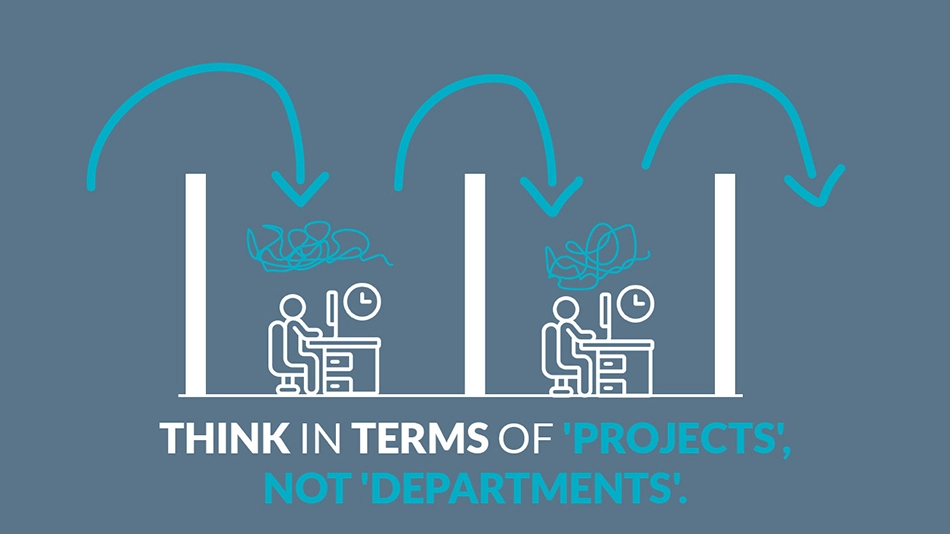ERP Project Start: First, determine
your Business Goals
your
Innovative and professionally implemented ERP software ensures the competitiveness of a company today. If it is not sufficiently competitive, not only is its ability to generate profits jeopardized, but also its viability.
We live in an age of rapidly advancing digital transformation, in which change and innovation follow in quick succession. Failed IT projects are therefore no longer a viable option. There is a lot at stake when you want to start a new ERP project. The more complicated an ERP project is, the earlier and more carefully the planning should be done. That’s why it’s important to first clarify a number of questions so that the ERP project is a success. The most important question that should be addressed as early as possible is the clear definition of business goals.
This question should be answered before contacting an ERP vendor. An exception to this is if you already have a long-term relationship with your ERP partner and they are your sparring partner. In this case, operational and business goals can often be discussed and clarified together.
When defining business goals prior to an ERP implementation, one question is particularly important: which characteristics and processes involved in manufacturing products or providing services should the new ERP software specifically improve within the company?
This is not about vaguely formulated objectives such as the following:
- “Replace the old ERP system with a new one.”
- “Adhere to the specified time and budget requirements.”
- “We are introducing this ERP system because many of our competitors use it.”
These are not promising targets!
Today, it is still often the case that customers worldwide state in surveys about the main goal of their ERP project that they would be very satisfied if it could be carried out within the specified time and budget. While these are important points, they are not strategic goals that will ensure the future success of the company.
Such formulations are not particularly motivating for most of the employees involved in the ERP project. As a rule, project staff have little or no idea of the actual scope of the budget for an ERP project and what role they play in it. Nor is it clear to the majority of employees how such goals are supposed to improve their work and productivity.
This would mean that if many companies are primarily concerned with staying within a certain budget for the project, many ERP, CRM, and digitalization projects do not pursue clear objectives. As a result, employees do not know what they are working towards. And that is counterproductive.
It is therefore important that you formulate your project goals as realistically and concretely as possible and link them to your company’s overall strategy as early as the formulation phase. This includes, for example, not assuming a best-case scenario from the outset when planning an ERP implementation, but also considering one or two less favorable scenarios.
In addition, the goals should be formulated in such a way that they are understandable to everyone involved in the project within their area of responsibility. This will save a lot of extra work and frustration later on.
This is because goals that have been formulated in general terms for the entire company may suggest clarity in the initial phase. However, when it comes to implementing them later on, it often turns out that different employees or departments have different ideas about what they mean. This can lead to them working at cross-purposes.

Making minor Mistakes is normal Many companies
in the SME sector
are still new to ERP
in
are
When communicating the goals of the ERP project to those involved, it is often worthwhile to involve the marketing department. The core task of marketing, which is to win customers for your own products and services, can also be successfully achieved within an organization. However, the aim here is to win over and inspire employees within the company for internal projects.
In this context, we also refer to internal marketing. This allows the previously defined business goals to be communicated in a generally understandable, clear, and benefit-based manner even before implementation. This in turn ensures that all employees involved in the ERP implementation not only know what is expected of them, but also internalize the expectations placed on them.



 Project Preparation
Project Preparation
